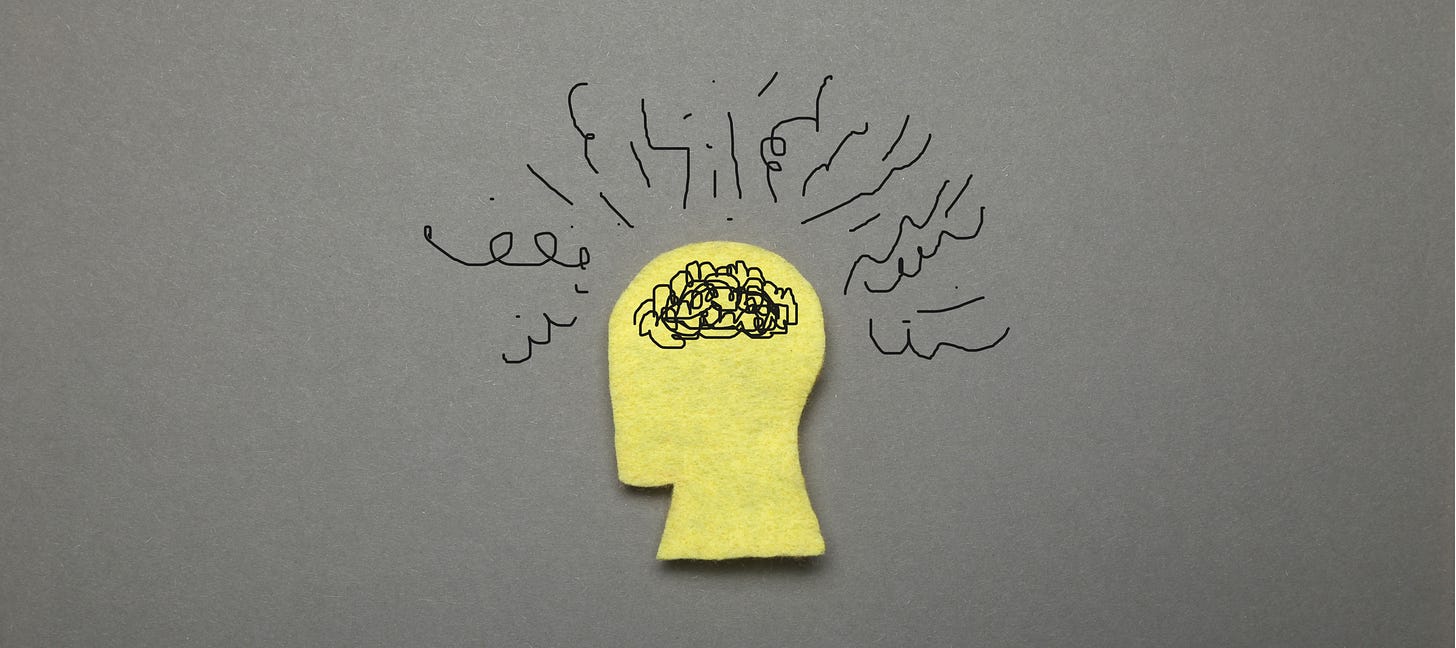Weekly Roundup: Noise in Decision-Making, Diet and Memory, Creativity and Academic Performance, the Benefits of Groups Arts
I am just writing the chapter on decision making in the Handbook of your Brain in Business and the concept of noise is a section that I have been writing on. Noise is the concept that many of our decisions are noisy i.e. they vary. If you are given the same decision multiple times, even close together you may give different responses. I wrote about this in the teenage brain last week.
A reminder that in business this is a big deal because research has shown that the same data given to different people, even well-trained experts, gives a high variety in responses and this variation is way higher than the business leaders themselves estimate.
Noise as a Feature of Cognition
I was therefore interested to see a paper just published on the topic that explores this and argues that noise is a feature of cognition rather than a glitch. It could be that making different choices enables exploration and multiple different outcomes which on average in society might be better.
It could also be argued that the complexity of real-world decisions with multiple sources will always lead to noise, decision variation. The question is what are the underlying features. This is what Sundh et al. explored.
They have previously explored features of precision but here they looked at what is known as transitive decision making in moral choices. Transitivity is the concept that if A is better than B, and B is better than C, then A is better than C.
In an experiment with 126 moral descriptions participants were asked to to choose which was worse or the most morally wrong - and you’ll be happy to know that there was logic in the chaos in that there was consistency across choices and transitivity was shown to exist. This shows that there are underlying principles guiding our decisions - at least on moral decisions. Good to know.
In the real world, however, it quickly gets more complex. This is why decision making frameworks can help a lot (I explore in my article below on noise). However, if contexts verge to being imprecise, with a lack of knowledge, or are close to thresholds then noise can increase.
When I talk of thresholds I refer to a transition, for example, if you take a colour: when does a blue transition from blue to dark blue, or blue to light blue? The threshold is not clearcut and therefore the threshold can be interpreted differently by the same person at a different time or by different people at the same time. The closer we are to a threshold the higher the chance of noise particularly when binary choices are to be made.
Let’s get back to another threshold. I am sure we all know that eating healthily is, well, healthy. Good for brain and body as I have reported on these sides many times. But how long, or many unhealthy meals, is the threshold for disturbing our system?
Recent research shows it is shorter than you likely think.
Just Three Days for Impaired Memory
This research, out of Ohio State University, explored cognitive function, in rats of different ages after being on a high-fat or normal diet for different time periods with surprising and worrying results. This supports the research I reported on last week which observed changes in the brain’s insulin responses after five days of a high-calorie diet.
Keep reading with a 7-day free trial
Subscribe to leading brains Review to keep reading this post and get 7 days of free access to the full post archives.





